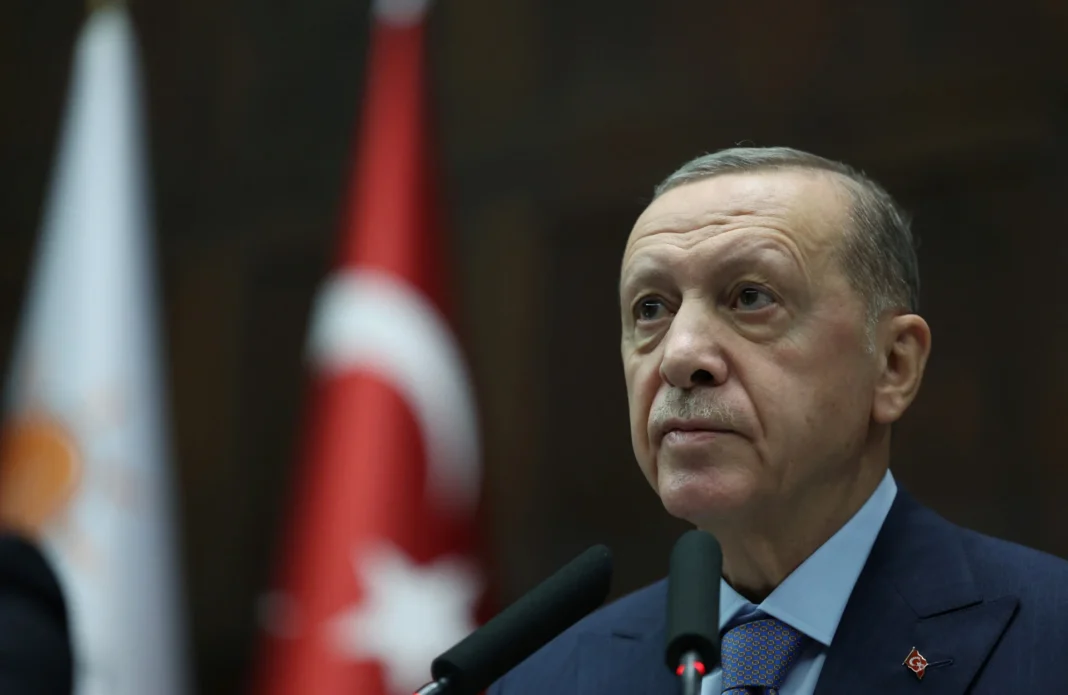Ankara:_ Turkey is making calculated moves to expand its strategic footprint in the Indian Ocean region, capitalizing on a deepening partnership with the Maldives to complement its existing military presence in Somalia, according to analysts and some undisclosed diplomatic communications.
The unconventional appointment of recently retired Maldivian defense chief Abdul Raheem Abdul Latif as ambassador to Turkey marks a tightening of military diplomacy between the two nations. It signals the Maldives’ intent to serve as a gateway for Turkey to project greater influence in the central Indian Ocean.
“This is a shrewd geopolitical gambit by Turkey to gain strategic depth in a crucial maritime theater,” said an official with the Istanbul Center for Indian Ocean Studies. “Leveraging the Maldives’ geographic centrality allows Turkey to expand its naval access and force projection capabilities across the Indian Ocean’s critical sea lanes.”
Turkey established its largest overseas military base in Mogadishu, Somalia in 2017, giving it a foothold in the northwestern Indian Ocean off the Horn of Africa. But partnering with the Maldives, an archipelagic nation occupying a central position, offers Turkey a complementary vantage point from which to monitor the region’s maritime traffic.
Turkish officials have discussed plans to secure access to Maldivian ports and airfields for refueling, resupply and temporary deployments of its naval vessels and aircraft, according to journalists based in Male’. This would enable Turkey to extend the reach and endurance of its naval operations spanning from Somalia to the Maldives.
There is also potential for deepening defense cooperation. Ankara and Malé are exploring possibilities for Turkish military training programs in the Maldives, bilateral exercises, and potentially even basing Turkish troops and surveillance assets in the island nation, according to the communications.
“Establishing a military presence in the Maldives, even if limited, would be a grand strategic success for Turkey,” said Selim Akönül, a Turkish military affairs analyst. “It gets them a permanent foothold from which to keep an eye on maritime chokepoints and project offensive and defensive capabilities across the Indian Ocean’s central corridors.”
The burgeoning Turkey-Maldives partnership, however, faces scrutiny from regional powers like India, which views external military buildups in its surrounding maritime backyard with unease. As Turkey’s Indian Ocean ambitions grow, New Delhi could find its own strategic calculus being challenged.
During President Muizzu’s recent visit to Turkey, Ankara fast-tracked the delivery of Turkish-made armed Bayraktar drones to the Maldives, despite India’s reservations about the proliferation of such capabilities among Indian Ocean island states, the communications show.
Turkey’s opportunistic courtship of the Maldives, therefore, is likely to stoke wider regional rivalries as it jostles for influence through a combination of hard military power and economic overtures in sectors like infrastructure and tourism.
While Turkey’s foreign policy aspirations were historically constrained to its immediate vicinity, under President Recep Tayyip Erdoğan, Ankara has displayed an escalating appetite for strategic power projection on a broader global stage. The Indian Ocean now looms as a crucial theater, one where Turkey aims to carve out a formidable presence by leveraging the Maldives as its maritime springboard.

